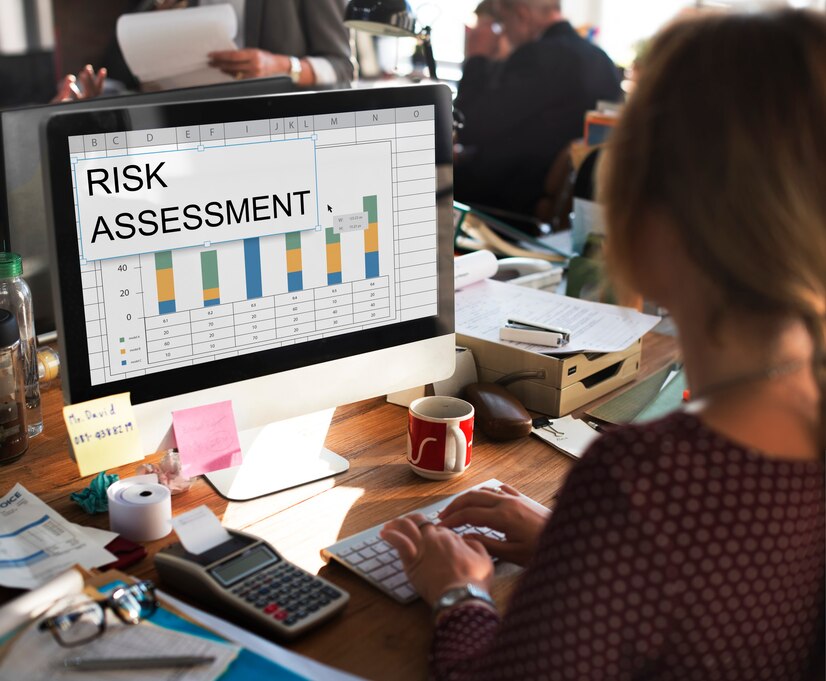Risk management plays a crucial role in the sugar trade, helping businesses navigate uncertainties and potential disruptions in the market. From supply chain vulnerabilities to price fluctuations, various risks can impact sugar trading operations. In this blog post, we will explore the importance of risk management in the sugar trade, including risk identification, mitigation strategies, financial impacts, insurance solutions, and case studies demonstrating effective risk management practices.
Risk Identification
The first step in effective risk management is identifying potential risks that may affect sugar trading operations. This related to disruptions in the sugar supply chain, such as weather events, transportation delays, or geopolitical conflicts affecting sugar-producing regions. It is also associated with fluctuations in sugar prices due to changes in supply and demand dynamics, currency fluctuations, or market speculation. Risks related to the quality and integrity of sugar products, including issues such as contamination, adulteration, or non-compliance with quality standards. Risks arising from non-compliance with regulatory requirements governing sugar trading, including import/export regulations, food safety standards, and trade agreements.
Mitigation Strategies
Once risks are identified, businesses can implement various mitigation strategies to minimize their impact and reduce exposure. Some common risk mitigation strategies in the sugar trade. Diversifying the supplier base and establishing relationships with multiple suppliers across different regions, businesses can reduce the risk of supply chain disruptions. Hedging strategies can help businesses manage price risk by locking in future prices for sugar purchases or sales, thereby protecting against adverse price movements. Implementing robust quality control measures and conducting regular inspections and testing of sugar products can help ensure compliance with quality standards and mitigate the risk of quality-related issues. Contractual provisions such as force majeure clauses, quality warranties, and dispute resolution mechanisms in trading contracts can provide legal protections and mitigate risks associated with contractual disputes or breaches.
Financial Impacts
Failure to effectively manage risks in the sugar trade can have significant financial consequences for businesses. Supply chain disruptions, price volatility, quality issues, or regulatory non-compliance can result in inventory losses, production delays, contractual disputes, reputational damage, and financial losses. By proactively identifying and addressing risks, businesses can minimize the likelihood of adverse events and protect their financial interests, ensuring the long-term viability and profitability of their sugar trading operations.
Insurance Solutions
In addition to risk mitigation strategies, businesses may also explore insurance solutions to transfer or mitigate certain risks. Trade credit insurance, for example, can protect businesses against non-payment by buyers or insolvency of trading partners, reducing the risk of financial losses. Similarly, cargo insurance can provide coverage for loss or damage to sugar shipments during transit, mitigating the risk of financial loss due to transportation-related incidents.
Case Studies
Several case studies highlight the importance of effective risk management in the sugar trade. For example, a sugar trading company successfully navigated a supply chain disruption caused by adverse weather conditions in a key sugar-producing region by leveraging its diversified supplier base and implementing contingency plans. Another case study demonstrates the importance of quality assurance in sugar procurement, where a business’s proactive quality control measures helped prevent the distribution of contaminated sugar products, safeguarding consumer health and preserving brand reputation.
Conclusion
In conclusion, risk management is essential for businesses engaged in the sugar trade to identify, assess, and mitigate potential risks that may impact their operations. By implementing effective risk identification strategies, mitigation measures, financial protections, and insurance solutions, businesses can safeguard against supply chain disruptions, price volatility, quality issues, and regulatory compliance challenges, ensuring the resilience and sustainability of their sugar trading operations. To learn more about the importance of quality assurance in sugar procurement, read our blog post on the importance of quality assurance in sugar procurement. Additionally, for insights into building strong relationships with sugar suppliers, check out our blog post on building strong relationships with sugar suppliers.

